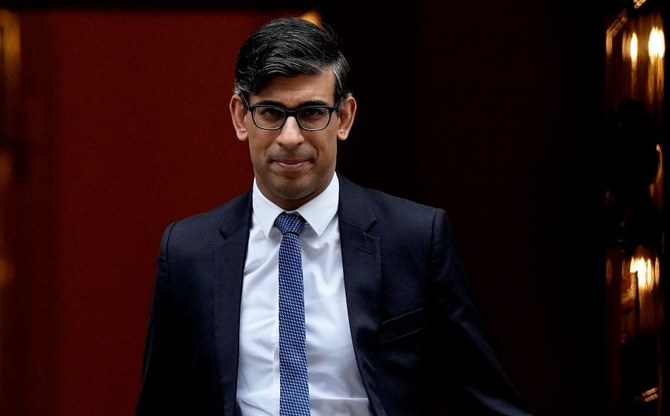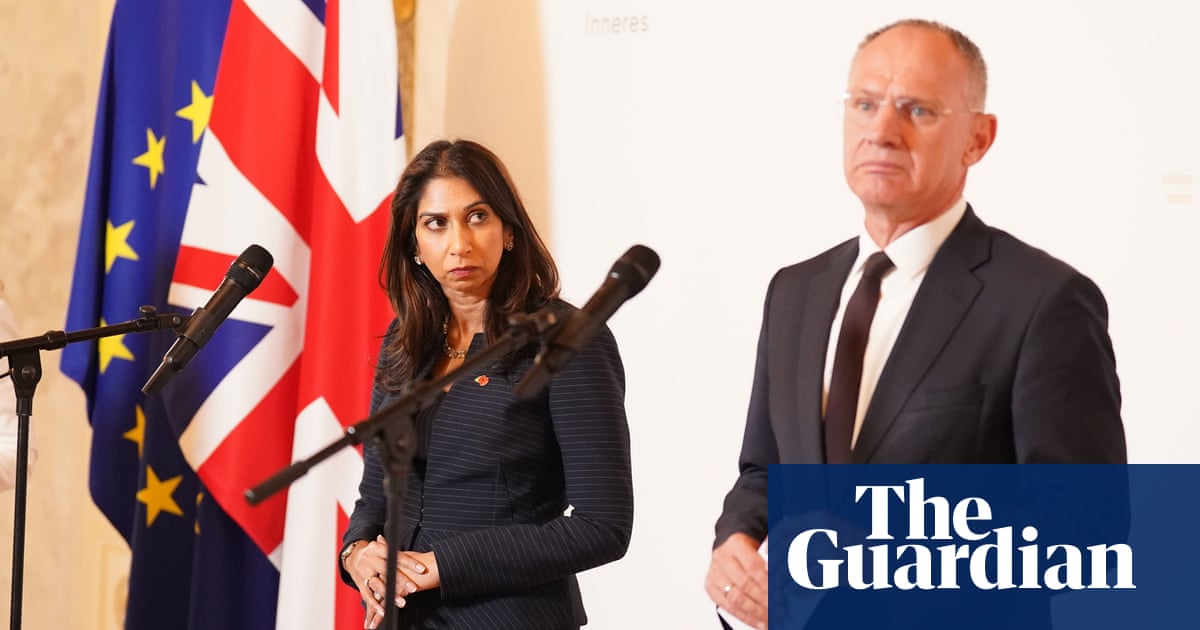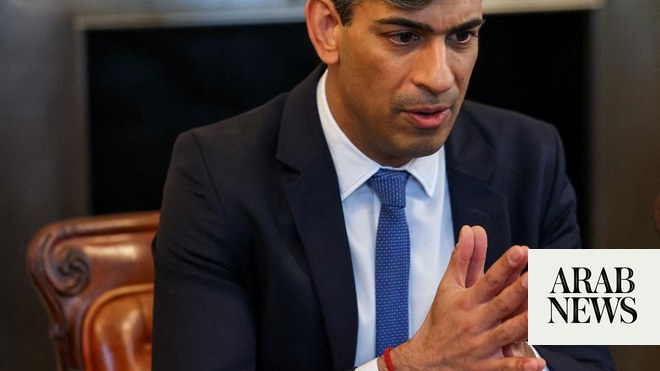
Germany’s opposition conservatives are seeking to win back voters with a sweeping change to the country’s immigration and asylum policy, including plans to send asylum seekers to Rwanda.
Jens Spahn, a leading member of the Christian Democrats (CDU), said at the weekend that his party was in favour of the transportation of future refugees to third countries for processing of asylum applications such Ghana and Rwanda in Africa, or to non-EU European countries such as Moldova and Georgia.
“If we did this and kept it up consequently for four, six, eight weeks, we would see the numbers [claiming asylum] reduce dramatically,” said Spahn, who is vice parliamentary leader of the CDU.
The remarks suggest the concept of the UK’s Rwanda policy is gaining traction internationally. The Italian prime minister, Giorgia Meloni, has proposed to sending asylum seekers to Albania.
Austria has also expressed its interest in such a scheme.
Spahn was defending a 70-page position paper presented by the CDU last Monday, in which the party said if in government it would propose limiting the number of asylum seekers coming to Germany, and move those who entered the EU to “safe third countries” where their applications would be processed.
The CDU has made no secret of its aims to win back voters from the far-right nationalist AfD , which is running second in opinion polls, citing migration, alongside inflation, as the top issue for many Germans that are likely to dominate campaigns for regional elections next year and the federal election expected to take place in autumn 2025.
Spahn called third countries “safe harbours” that “would fulfil the terms and conditions of the UN refugee convention”.
Speaking to the newspaper Neue Osnabrücker Zeitung, Spahn said the plan would act as a disincentive to refugees who chose “irregular ways” to reach Germany to claim asylum. “If we are consequent about this … many people wouldn’t even set off on the journey in the first place, if it’s clear to them that within 48 hours they will find themselves in a safe third country outside the EU,” he said.
The proposal is a core item on the CDU’s so-called “basic principle” programme, according to which the party, in government, would seek to forge contractual agreements with third-party countries that would be legally obliged to grant the new arrivals protection.
Countries such as Morocco and Senegal have also been put forward as possible third-party countries.
Spahn said: “Rwanda has said it would be prepared to do this, probably also Ghana. We should also be in talks about this with eastern European countries like Georgia and Moldova.”
He said that nowhere in the Geneva refugee convention did it state that the protection of people from war should be vouchsafed in the EU. “If we ensure that persecuted people have a place of protection where they’ll be well looked after and can live without fear, then the goals of the Geneva convention will have been fulfilled,” he added.
Spahn said Germany’s weight in the EU would ensure that whether it was behind the concept, “it will be capable of securing majority approval and with a coalition of the willing it would also be implementable”.
“Once this message has got through, people will no longer pay smugglers and traffickers, will no longer set out on these dangerous Mediterranean routes. Then these terrible deaths will cease, and then the rights of the strongest – because it’s almost only young men who are coming – will stop,” said Spahn, adding that he believed if a solution was found to the “migration problems”, he was “very certain that radical parties will lose their popularity”.
Legal and humanitarian experts have been vocal in expressing their concerns about the third-country strategy. Germany’s Council of Experts on Integration and Migration issues has repeatedly called on advocates of the strategy to explain how it is possible to ensure that procedures are implemented in compliance with European asylum and human rights standards. No country has so far managed to implement the practice.
Irene Mihalic, of the Greens, accused Spahn of pandering to rightwing voters. “Thankfully we find ourselves in a constitutional state and need legally viable solutions in order to deal with the large numbers of people seeking protection, not populism that violates human rights,” said Mihilac, who recently lambasted Spahn’s calls for “physical violence” to be used on the EU’s outer borders against “irregular migration”.
The CDU’s position is viewed as the party’s attempt to break away from the era of Angela Merkel, under whose leadership Germany registered about a million refugees in 2015.
Her slogan “Wir schaffen das” (“we’ll manage”) now seems to stand in stark contrast to the CDU’s current position.
Merkel’s successor as chancellor, Olaf Scholz, has stressed the importance of reducing the record numbers of asylum applications – which in the first seven months of this year had increased by 80% compared with last year – by introducing caps on benefits, speedier processing of claims and tighter restrictions on the number accepted and their countries of origin.
Scholz has also toyed with the option of a third-country plan, despite widespread misgivings within his own party, but has not mentioned Rwanda explicitly, only showing himself to be open to discussion about its practical and legal feasibility. “There is a whole range of legal questions,” he said recently.












